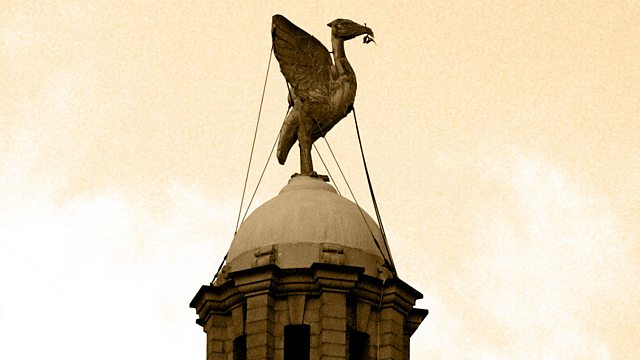
One Hot Summer
By Juliet Gilkes-Romero. Liverpool 1919. Recently returned from fighting for King and country in World War One, black ex-servicemen are finding it harder than most to find work.
by Juliet Gilkes - Romero
Liverpool 1919. In desperate times, with high poverty levels and spiralling unemployment, tensions are rising between the different ethnic groups in the city, and for Jamaican soldiers Johnson and Charlie and their mixed-race British friend, Sam, life is getting harder.
Based on real events, One Hot Summer tells the story of the race riots which occurred in Liverpool in 1919, when desperate times caused divisions across ethnic lines which exploded into full-blown riots.
The forgotten piece of British history dramatised in this play has been carefully researched by playwright and journalist Juliet Gilkes-Romero and includes verbatim newspaper reports from the time.
CAST:
Sam ..... Lloyd Thomas
Johnson ..... Ben Bennett
Ibrahim ..... Don Gilet
Charlie ..... Richie Campbell
Rose .... Susie Riddell
Ahmed ..... George Long
Liverpool Courier/ Rioter ..... Patrick Brennan
Liverpool Echo/ Drunk ..... Joe Sims
Evening Express/ Barman ..... Robert Blythe
Drunk/ Rioter ..... Harry Livingstone
Directed by Mary Peate
The real events of June 1919:
When armistice was signalled on 11 November 1918, the war-time boom for black soldiers and labour fizzled out as quickly as it had begun. Demobilisation had greatly increased Liverpool's black population of which a large proportion was now out of work. By May black men walking the streets of Liverpool were being openly attacked and on June 4th two Scandinavian sailors stabbed a West Indian, John Johnson, when he refused to give them a cigarette. Johnson was severely wounded in the face and news spread quickly. The next evening Johnson's friends returned to the pub seeking revenge and a violent fight ensued. The incident unleashed a race riot which engulfed the city and saw the destruction of many black homes and boarding houses and the lynching of a young black seaman, Charles Wotten, at Liverpool's Queen's Dock. Some 700 black people, including women and children, were interned at the city's police station, a development unheard of during peacetime.


